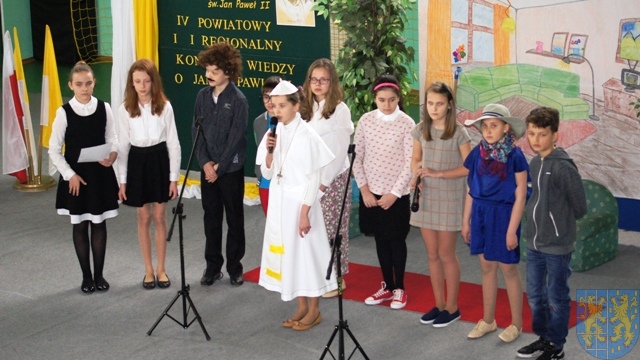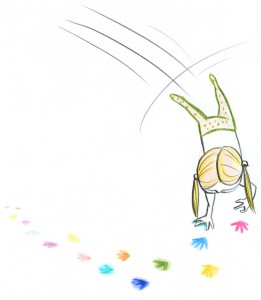What is the school community about?
While talking about alternative forms of education, focusing on the individualisation of the learning process, we are very often concerned about it, or baby, which did not have to adapt to the requirements of the system school, will cope with the group in the future, studies, at work - in places that just need to be adapted.
Odpowiedź na tę wątpliwość opiera się na jednej z dwóch równorzędnych podstaw, on which democratic education - community is built (drugą jest motywacja wewnętrzna).
School community to wszystkie osoby, which participate in the life of the school - students, mentors, sometimes guests, volunteers, parents - each of whom has exactly the same weighting voice in the discussion. Borders, with which the community comes into contact they designate:
- the boundaries of each of its members,
- Polish and international law.
The boundaries of each member is a very important point in building the school community. Demokracja o jakiej mówimy w edukacji demokratycznej czerpie z najbardziej etycznego i humanistycznego nurtu – głębokiej demokracji. It is about this, that every voice should be heard, and the essay is to result not so much from the consent of the majority, what about the lack of opposition from the whole community (seeking consensus over rival options). In a deep democracy, we don't ask ourselves this question, who's right, just what solution is optimal. We are working on it together, until effect, listening to all doubts. Sometimes it takes days to solve a case - which is also a learning process.
Participation in the school community helps to remember, that if today I give myself the opportunity to hear others, someday my voice will also be heard. It's a value, the importance of which cannot be overestimated, what is so easy for young people to understand, which I sincerely wish for adults.
The necessity to obey the law puts mentors in a slightly different way (than children) the situation of representing the school community outside. As Polish legislation presupposes, that the minor is legally incapable (to put it simply), adults in school have a legal obligation to ensure that the applicable Polish and international law are not violated. In other words - although the students have every right to decide about it, how they spend their time at school, these decisions limit the boundaries of others and the law, and adults are responsible for safety and compliance with the law.
What the school community gives?
The school community gives support. It is a group of people, who talk to each other - they talk about their feelings, potrzebach i poglądach oraz słuchają innych. Współdecydując o sprawach istotnych dla nich, learn to interact harmoniously and responsibly. The community is the guarantee of this, that the student of this school will be a person perfectly prepared to surrender - when it will be in the interest of the group, with which he works. Simultaneously trust do samego siebie i własnej oceny sytuacji, independence myślenia i no acquired fear przed krytyką i osądem pozwolą mu na merytoryczne, to view the issue and your role in it. The school community is also a tool, thanks to which the student is able to submit his / her critical comments and reservations for discussion and present them in an inspiring way, not offensive. It's hard to imagine a healthy one, non-violent situation, where these features would be considered in the category of disqualifying persons on the labor market or in a group.



